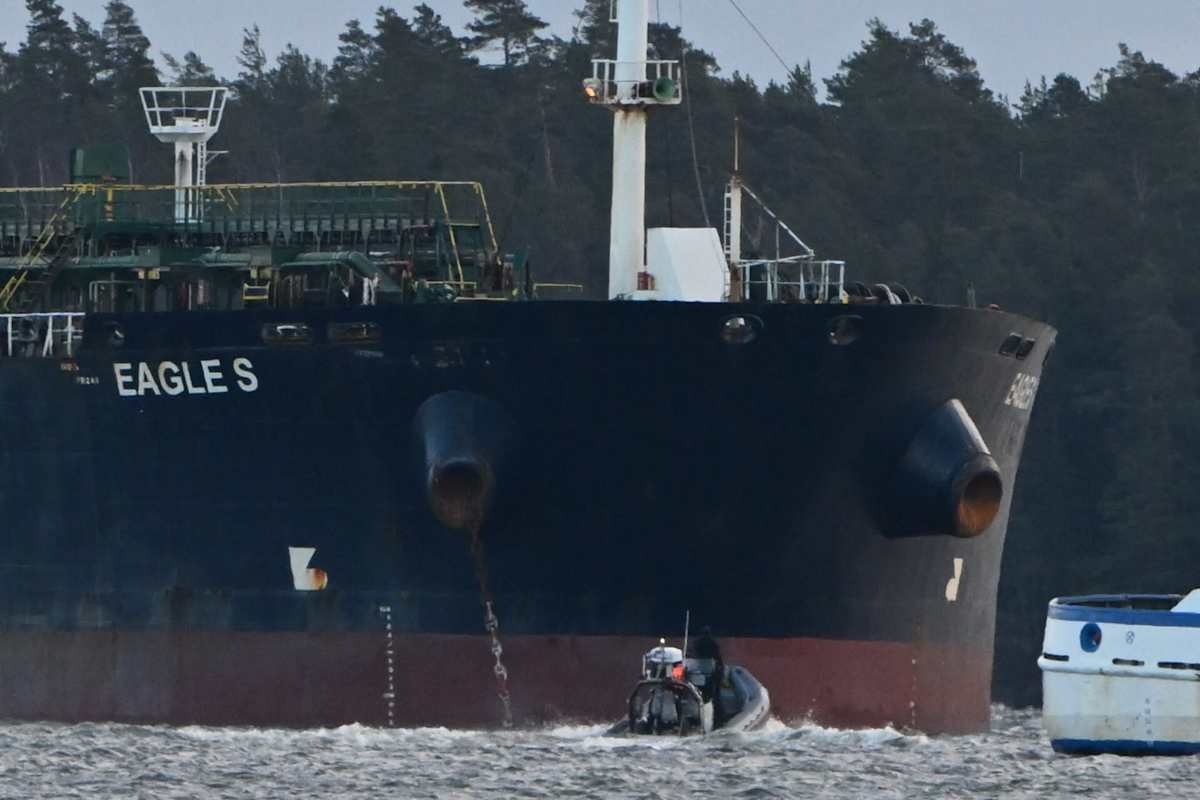Western sanctions designed to paralyze Russian aviation have “failed miserably,” with aircraft parts worth at least €1 billion reaching Russia since February 2022, according to an extensive investigation by Finnish broadcaster YLE.
The investigation reveals that Russia has created a vast smuggling network spanning over 360 companies worldwide to acquire critical aircraft components from Boeing and Airbus, including engines, radar systems, and flight computers suitable for military use.
YLE’s analysis of Russian customs data shows Airbus parts worth almost €600 million and Boeing parts worth nearly €400 million have entered Russia through intermediary companies, primarily in Dubai, Türkiye, and China.
The scale of sanctions evasion
How extensive is Russia’s aircraft parts smuggling operation? YLE found approximately 4,000 shipments containing Boeing or Airbus components between February 2022 and September 2024.
The network involves companies from dozens of countries, with some individual firms making hundreds of deliveries to Russia. Nearly 100 companies operating from the United Arab Emirates alone have supplied aircraft parts to Russia, according to YLE’s investigation.
Dubai has emerged as the central hub for sanctions evasion, with almost one-third of all aircraft parts shipments to Russia originating from the UAE, typically through Dubai, YLE reported.
Russia’s desperate need drives the trade
Why does Russia go to such lengths to acquire these components? YLE found that Russia has approximately 500 Western-leased aircraft that it effectively “stole” when Western companies demanded their return after the invasion began.
Without access to original parts, these aircraft face severe maintenance challenges. YLE reported that Russia has been forced to manufacture cheaper copies of original components and purchase old aircraft for spare parts, significantly weakening aviation safety.
Professor Stephen Wright from Dublin Institute of Technology told YLE that Russia sees this elaborate smuggling operation as necessary because it lacks capabilities it once possessed.
“Russia was an aviation technology pioneer before the Soviet Union collapsed, but has since lost its expertise,” Wright explained to YLE. “The West has taken leadership in civilian aircraft while Russia focused on military aviation.”
Companies claim compliance while parts flow continues
How do major manufacturers respond to evidence that their parts reach Russia? Both Airbus and Boeing refused YLE’s interview requests, instead providing brief statements claiming full compliance with sanctions.
Airbus told YLE it “complies with all applicable laws and sanctions related to Russia” and can track genuine parts, but acknowledged having “no means to control the use of non-genuine parts.”
Boeing’s statement to YLE was even shorter, saying only that the company suspended spare parts and support for Russian customers in early 2022 and continues following US sanctions.
YLE noted that both companies failed to answer specific questions about how they prevent their parts from reaching Russia through intermediaries.
The Dubai connection
Dubai’s role in sanctions evasion extends far beyond aircraft parts, according to YLE’s findings. The investigation shows dozens of Dubai-based companies began supplying Russia only after February 2022, with one firm making at least 35 deliveries since the invasion began.
Before the war, this same company had zero shipments to Russia, YLE reported.
Many Dubai companies involved in the trade have been added to EU or US sanctions lists, but YLE found that when one company faces sanctions, multiple replacement firms are quickly established.
The UAE has not imposed sanctions against Russia, making the business legal under local laws, though YLE noted it’s possible that Russians themselves or their hired proxies control many of these operations.
Military implications
YLE’s investigation found that Russia has acquired components suitable for military use, including radar systems and flight computers, alongside standard civilian aircraft parts.
However, Professor Wright told YLE that Russia likely doesn’t use foreign-acquired aviation technology for military purposes, as “Russian military technology is highly developed compared to civilian aircraft.”
The greater concern, Wright indicated to YLE, is the impact on aviation safety as Russia struggles to maintain its civilian fleet with smuggled and copied components.
Broader sanctions evasion patterns
The aircraft parts smuggling network represents just one facet of Russia’s systematic sanctions evasion efforts. Previous investigations have documented how foreign microchips reach Russian military equipment through similar intermediary schemes.
Russia has employed numerous methods to circumvent restrictions, including routing critical components through Chinese suppliers that continue providing dual-use technologies despite export controls.
The systematic nature of these evasion schemes has enabled Russia to maintain military production capabilities despite international restrictions designed to cripple its defense industry.






